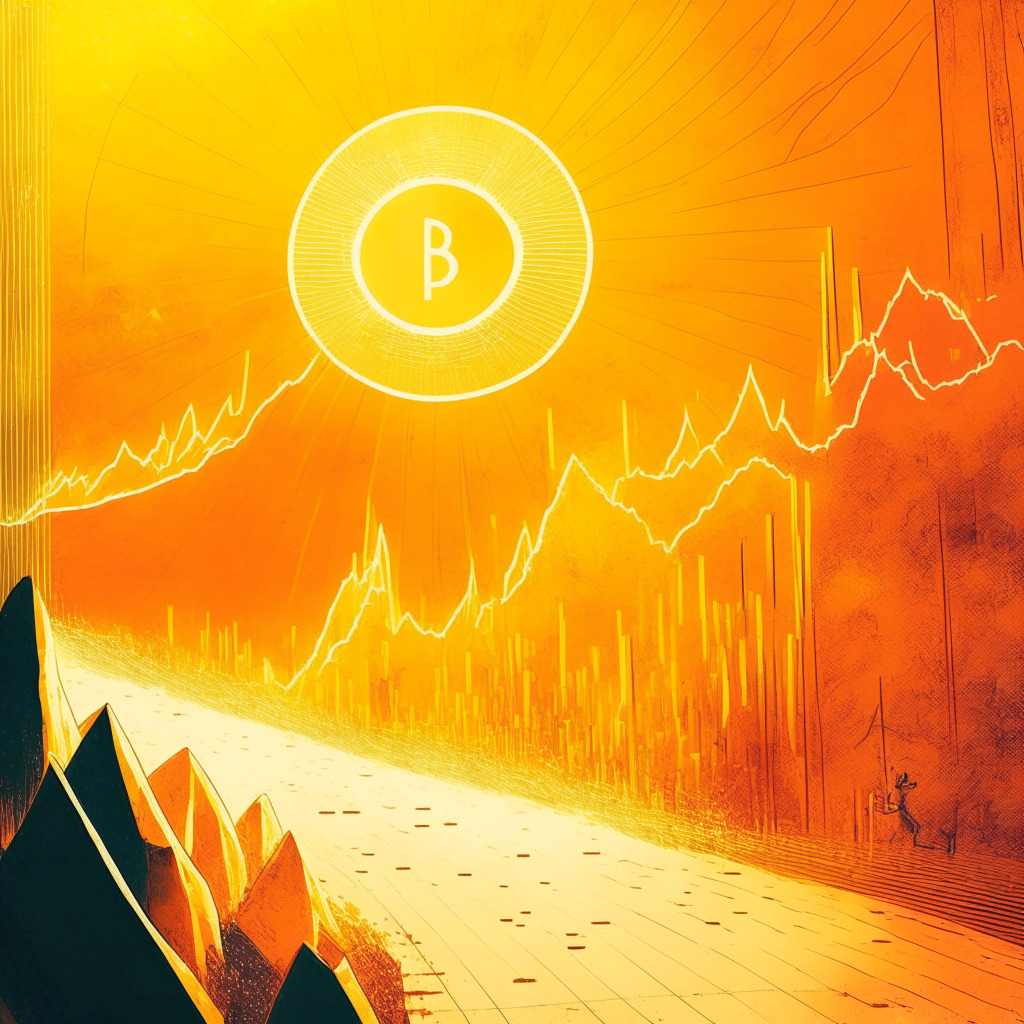Several major lenders in South Korea, including Hana Bank, Shinhan Bank, and Woori Bank, have reportedly joined a bank consortium dedicated to security token offerings (STOs) established by Seoul-based NongHyup. The aim of the consortium is to create an ecosystem centered around security tokens, which, in the South Korean context, are blockchain or DLT-powered versions of traditional investments like stocks and bonds.
South Korea has been quick to respond to the rising demand and popularity of digital assets, both domestically and abroad. By legalizing security token offerings earlier this year, financial institutions have been able to establish a STO market. Although it is still in its early stages, the market is projected to hit 34 trillion won ($26.6 billion) by 2024.
The consortium members, which include other fintech companies, will explore ways for banks to enter the STO market while adhering to regulatory guidelines. They also plan to collaborate on developing platforms for issuing token securities. Ultimately, the goal is to establish a tokenized securities ecosystem where companies can issue tradable corporate bonds as security tokens.
Tokenization is becoming increasingly popular across various blockchain ecosystems, with prominent institutions such as Goldman Sachs and Siemens embracing tokenized assets in some form. By shifting to a tokenized ecosystem, companies may be able to find new ways of attracting investments and driving growth.
However, this rise in digitization is not without its challenges. One of the major concerns is the lack of clear regulations and guidelines surrounding security tokens, which can create uncertainty for both issuers and investors. Additionally, security risks associated with the storage and management of digital tokens must be addressed, as well as the potential for market manipulation and fraud.
Despite these challenges, there is a clear appetite for digitization within the financial sector, and South Korea’s push for tokenization remains a significant step towards realizing a more digital future. With banks exploring the possibilities of security token offerings, the market’s potential growth and the willingness of major financial institutions to join the movement demonstrate a commitment to embrace the emerging digital landscape.
In conclusion, South Korea’s push for digitization is both a reflection of the growing demand for digital assets and an indication of the country’s eagerness to establish a strong foothold in the burgeoning digital securities market. Combining the potential benefits of security tokens with the expertise and resources of major financial institutions, the South Korean STO market may be well-positioned for substantial growth and expansion in the coming years. However, it remains to be seen how the market will navigate the challenges associated with the broader adoption of digital tokens.
Source: Blockworks




